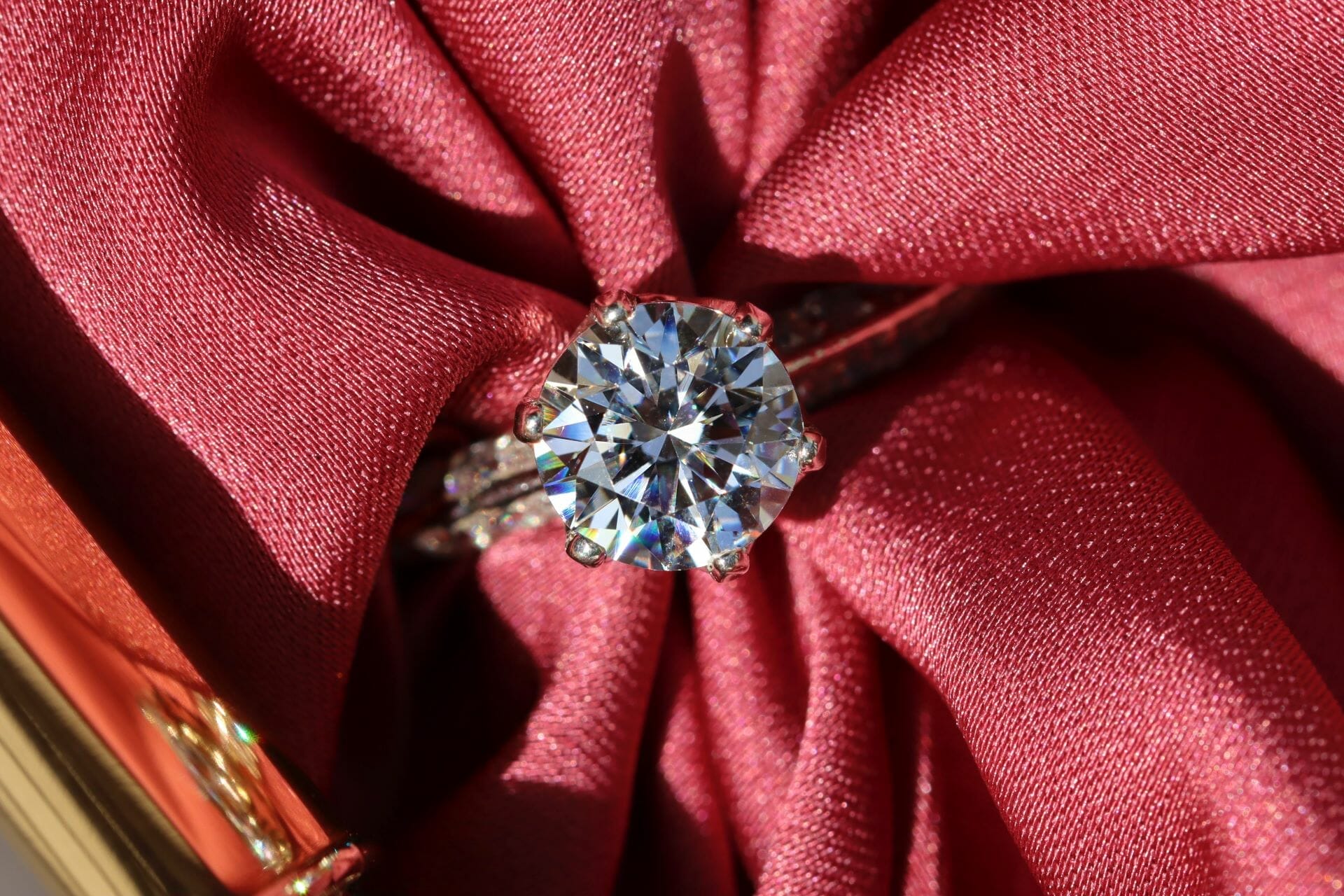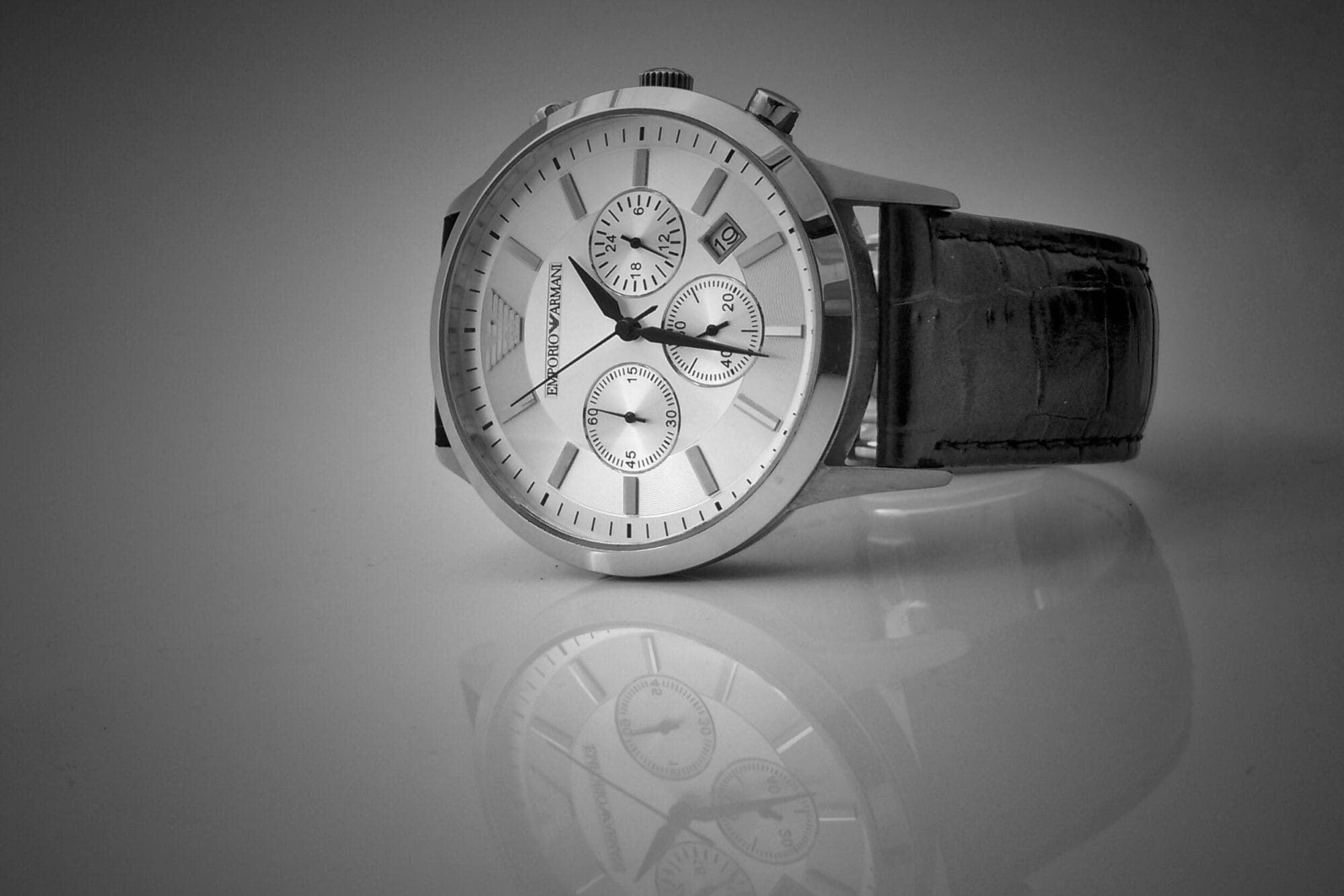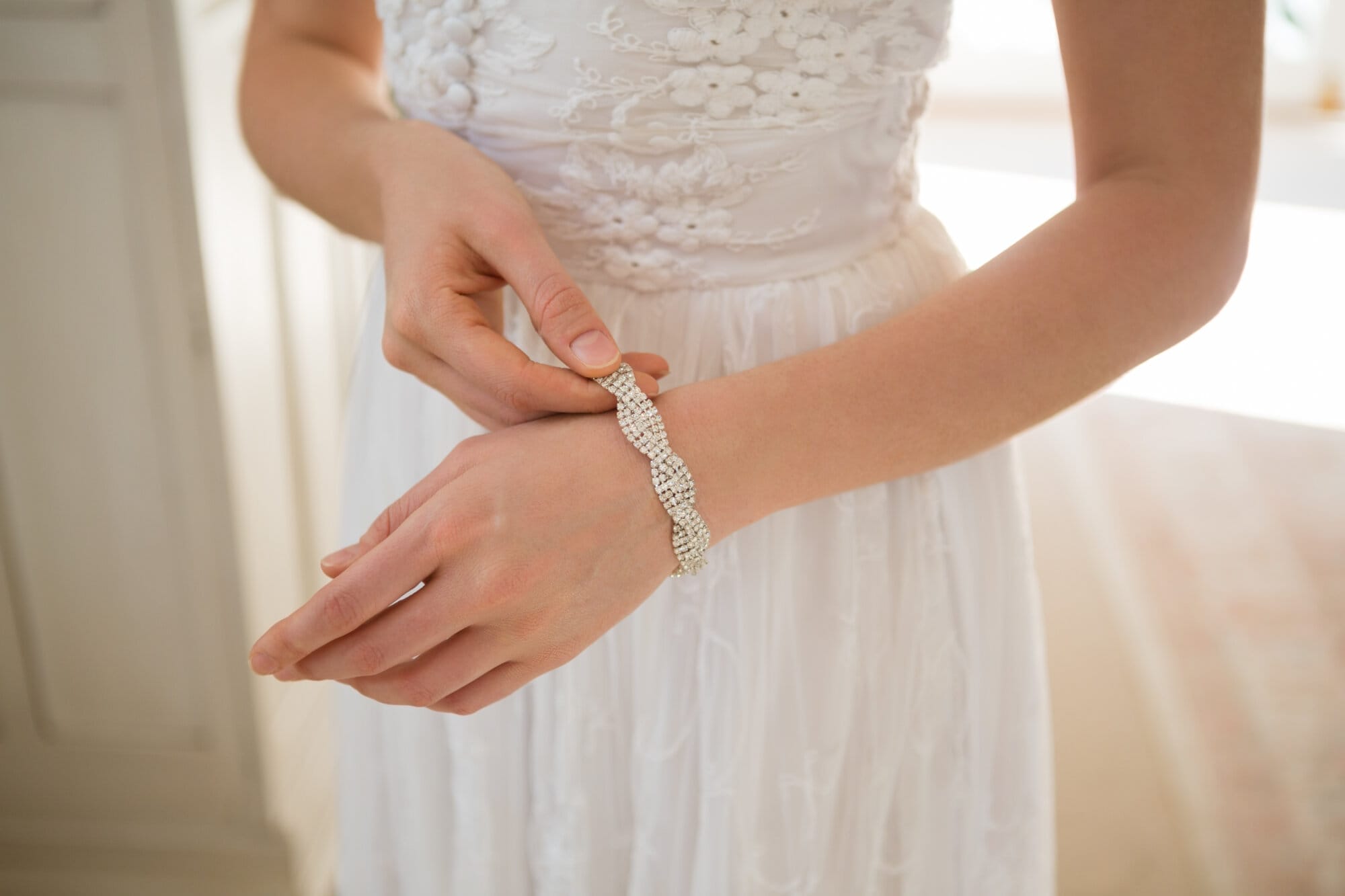A diamond is arguably the quintessential symbol of love in first world countries today. Despite their brilliant appearance, diamonds carry an unfortunate history behind their polished surfaces. The mining and trade of diamonds worldwide have recently raised many ethical concerns.
Environmental concerns vie for space alongside labour practices and trade regulations. For the conscious consumer, untangling the various certifications and claims surrounding the diamond trade can feel overwhelming. Thankfully, various groups worldwide are dedicated to bringing transparency to this process, from the mine all the way to the final setting. The first steps begin with ensuring diamonds are conflict-free, as detailed in this post.
Now, let's explore three benefits of conflict-free diamonds:
1. Conflict-Free Diamonds Promote Awareness
In the late 20th and early 21st centuries, conflict diamonds, also known as blood diamonds, were one of the main sources of funding for various rebel groups in several African countries, including, most infamously, Sierra Leone. The violent and devastating 9-year civil war that erupted around the control of diamond mines and rough diamond trade in Sierra Leone prompted the UN to step in and temporarily ban the export of rough diamonds in an attempt to stem the tide.
Despite most of the general public only being made aware of the depth of this problem through the 2006 movie “Blood Diamond”, a move to undermine the trade of blood diamonds across various African countries began years earlier, culminating in The Kimberley Process Certification Scheme in 2003. Through voluntary participation, based on good-faith reporting and third-party oversight, members of the Kimberley Process agree to adhere to several core guidelines in order to stimulate legitimate rough diamond trade and undercut illegitimate trade.
Thanks to the noise raised around conflict diamonds, the underworld of diamond mining and trade has begun to be exposed, forging a path for other regulations now and in the future.
2. Conflict-Free Diamonds Are More Ethical
Consumers were understandably in an uproar over the global implications of the Sierra Leone civil war. To unknowingly be perpetuating violence and suffering halfway across the world by continuing to create a demand for diamonds affronted the ethics of most consumers. The Kimberley Process began as an attempt to face up, at the source, to some of the difficulties surrounding this problem.
Members of the Kimberley Process must fulfill certain minimum requirements, including controlling imports and exports, setting up national legislation, committing to transparency, and certifying shipments as being conflict-free. To date, 82 governments worldwide have made the Kimberley Process law for diamond trade.
Being a member of the Kimberley Process likewise requires agreeing to trade only with other Kimberley Process members. By banning trade with non-participants, this certification has drastically shrunk trade options for groups involved in the trade of blood diamonds.
3. Conflict-Free Diamonds Are Widely Available
According to the Kimberley Process, 99.8% of diamonds are now estimated to be conflict-free. Much of the success of this scheme has come from the number of countries involved, 85 as of 2023.
Unlike the more niche certifications of sustainable and ethical diamonds that look to achieve climate-neutral sourcing and fair labor practices — which have yet to become the standard in the industry — the Kimberley Process is now the standard for all legitimate rough-diamond trade. As such, supply and demand is well balanced and isn’t leading to inflated prices.
Theoretically, this should mean that people looking to purchase diamonds could rely on the numbers that suggest nearly all diamonds are now conflict-free. Unfortunately, the level of involvement necessary to fully guarantee this within the Kimberley Process is currently unattainable under voluntary participation. Most reports are accepted in good-faith, with some but not constant oversight. This is a loophole that has been exploited by rebel groups, and the Kimberley Process has had to release several warnings concerning forged certificates.
While this can disappoint the certainty of consumers, the solution, on an individual level, is straightforward. By working with reputable jewellers, like Alberta Diamond Exchange, who are committed to sourcing diamonds ethically, consumers can bypass this issue and invest in diamond jewellery with a clear conscience. Jewellers who care about their supply chain will be careful to avoid trade with countries or groups who have been known to be in violation of the Kimberley Process.
Taking The First Step of Many
While conflict-free diamonds are not the end-all-be-all in terms of certifications, they have benefits and are an important piece to the puzzle of sustainable and ethical diamonds. The Kimberley Process has made the trade of conflict diamonds much more difficult in a market that is overwhelmingly demanding conflict-free. As a response to global concern over blood diamonds, it set the tone for awareness surrounding the diamond trade. Thanks to regulations like this, the general demand for more transparency, and the cooperation of many governments and the UN, truly sustainable diamonds are now becoming more widely available.
Find Conflict-Free Diamonds and More with ADX
Alberta Diamond Exchange prides itself in sourcing sustainable precious metals and ethical diamonds. When you join the Alberta Diamond Exchange experience, you become family. Let us take care of all your jewellery needs, from vintage and custom pieces to repairs, cleaning, and appraisals.






